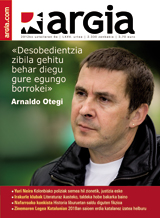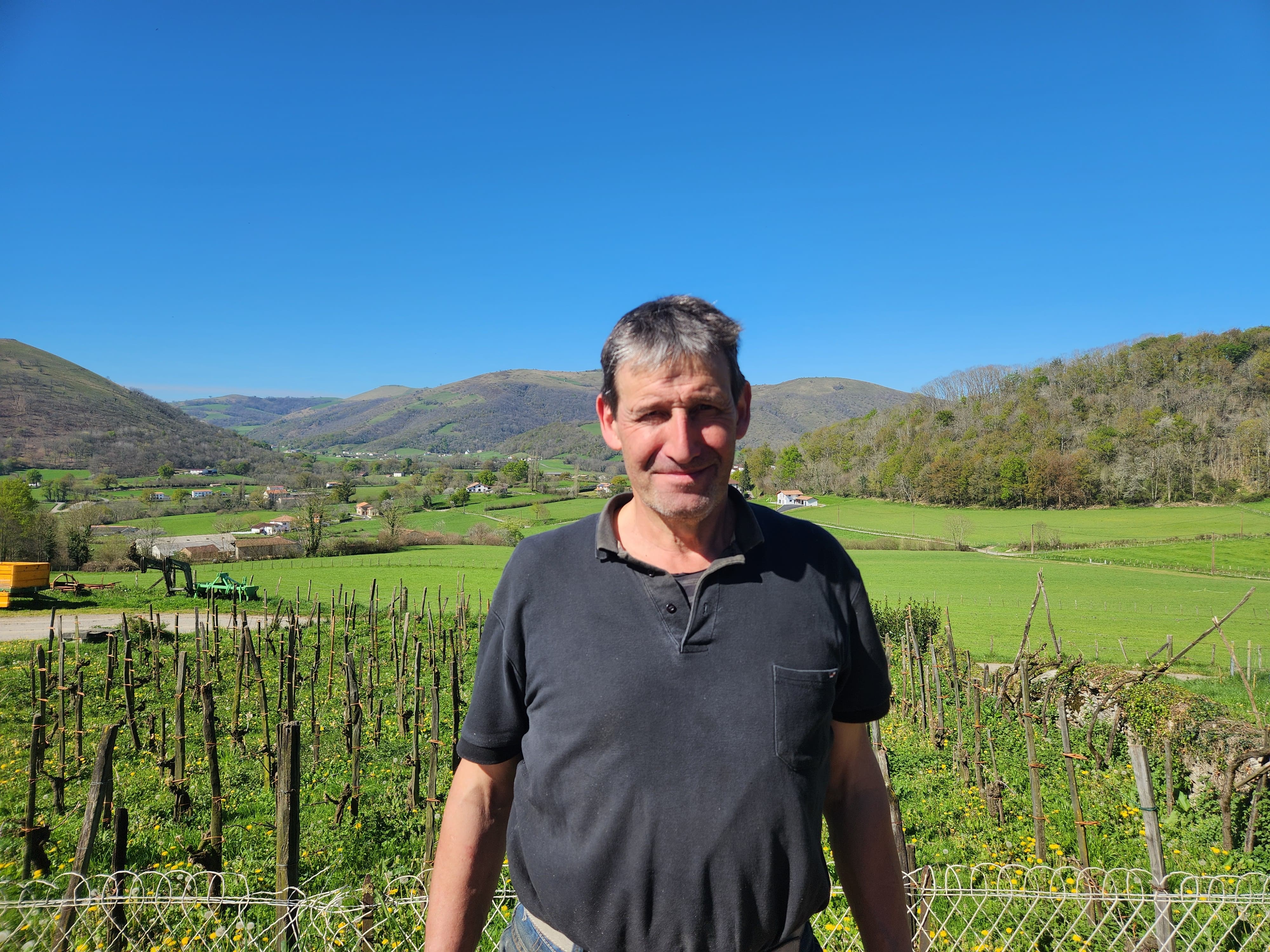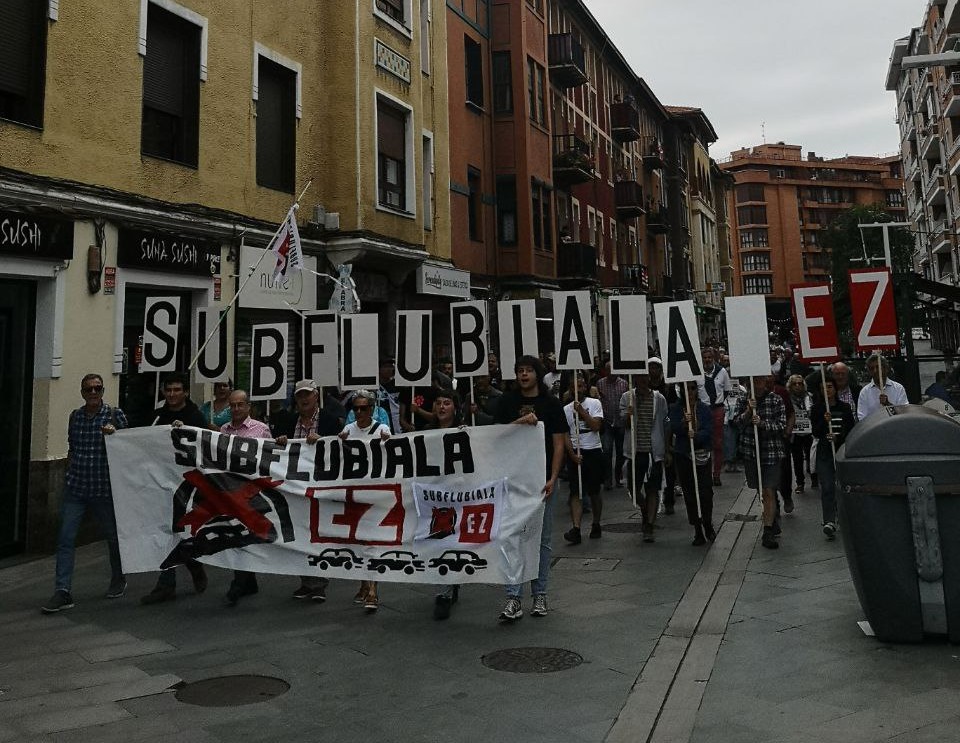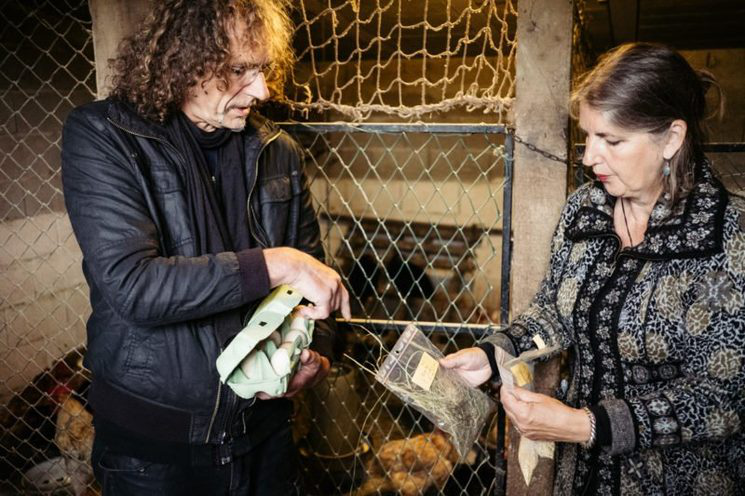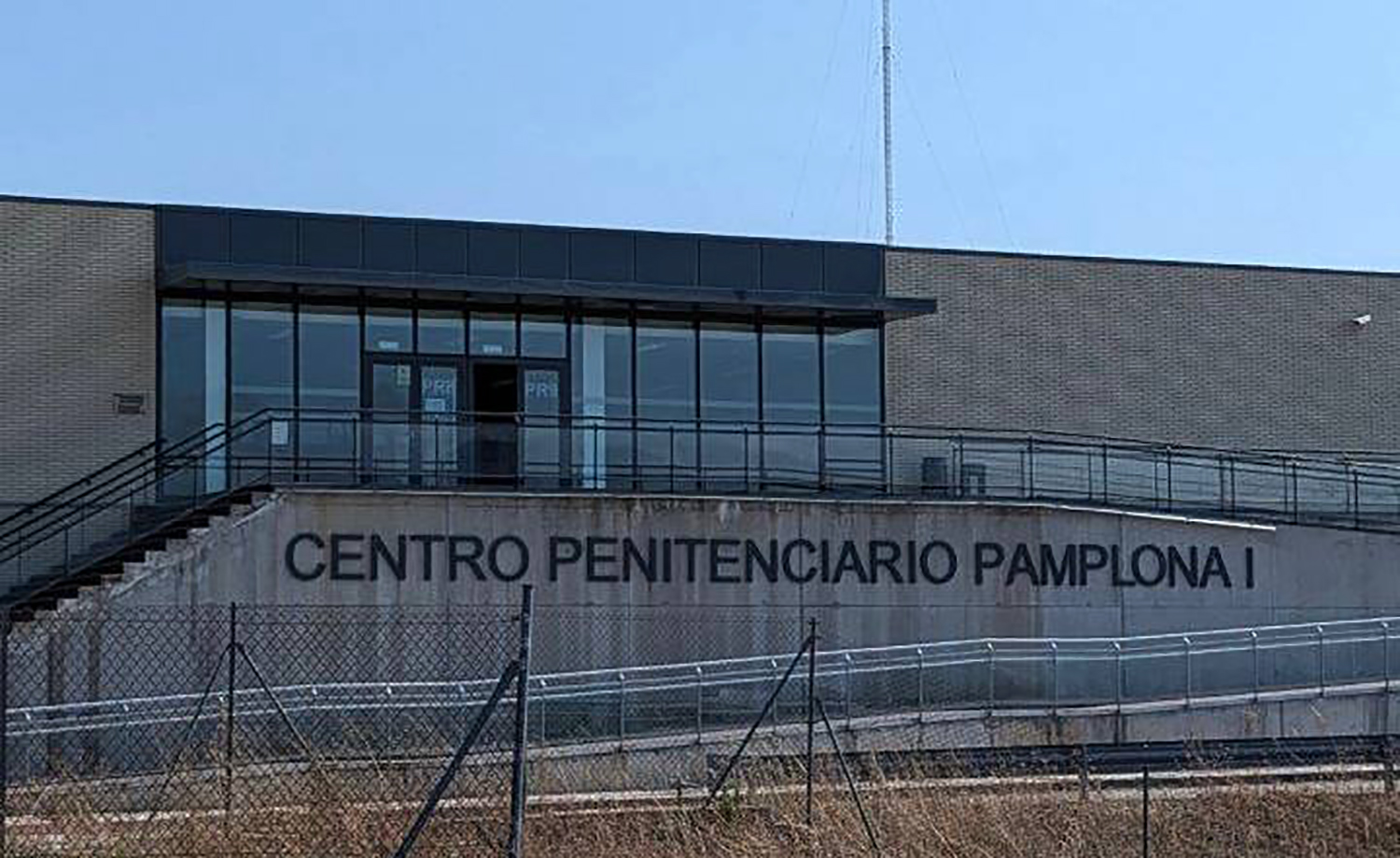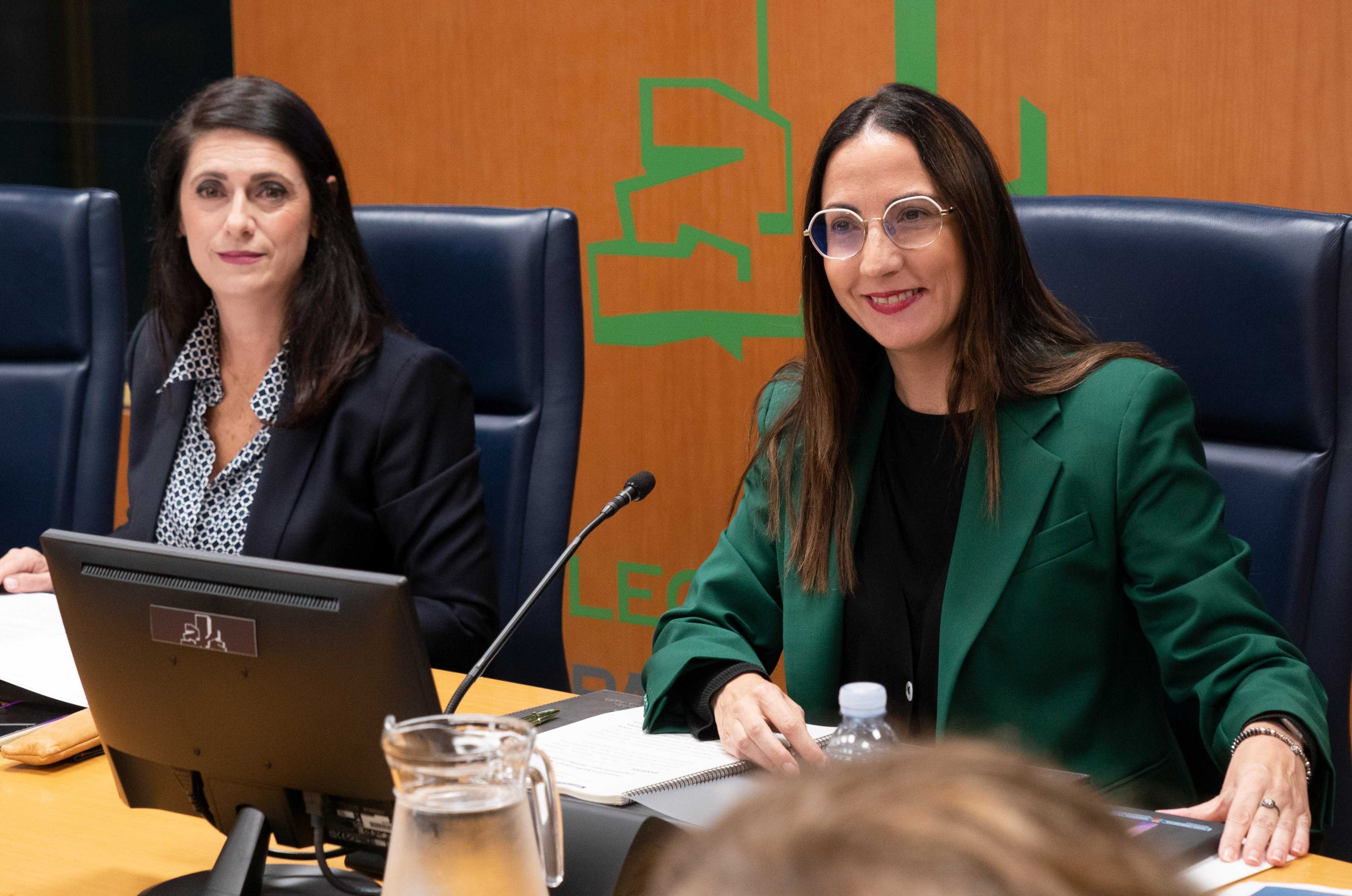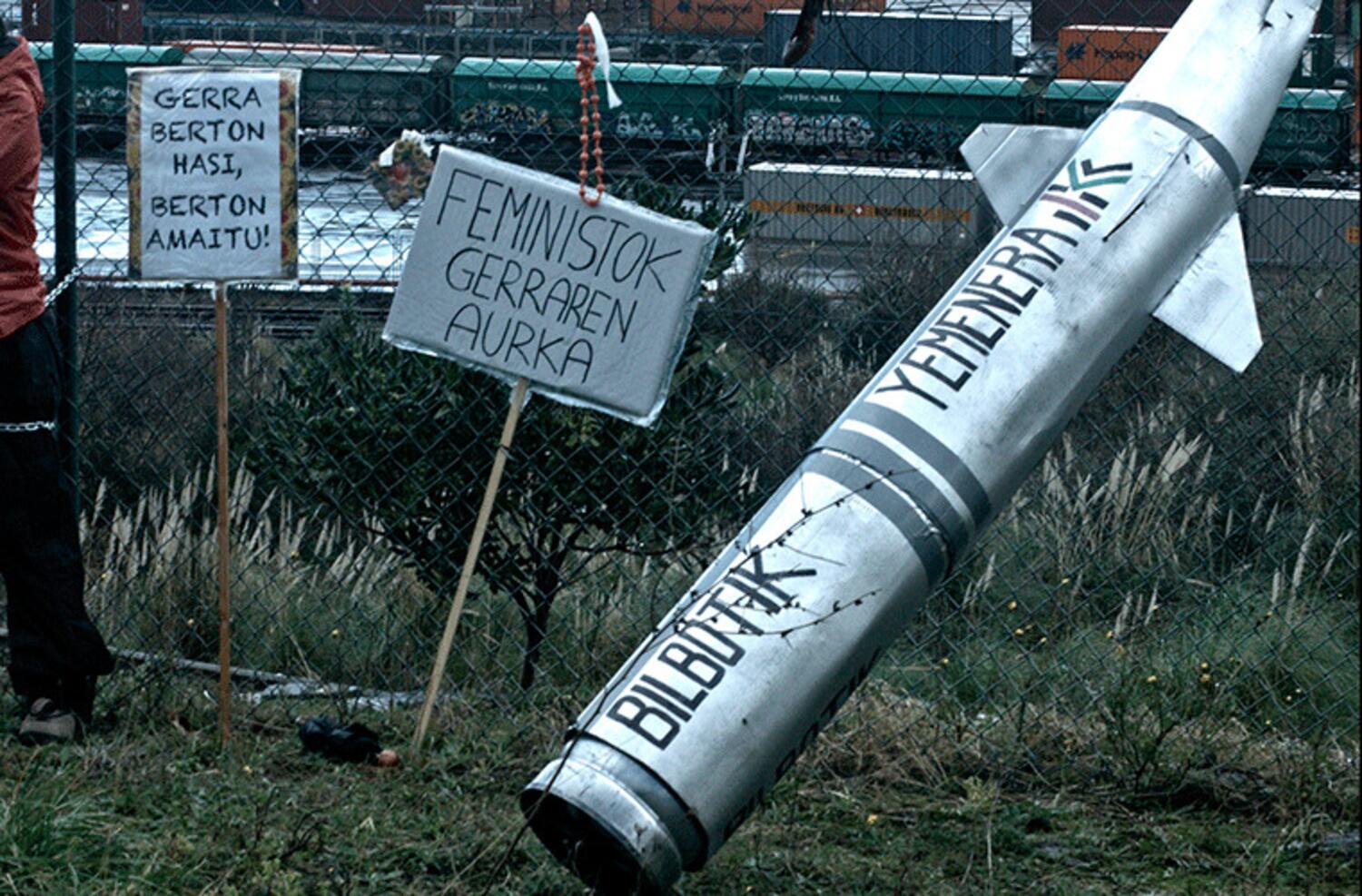The last word is held by the reader
- Readers' groups and lectures with writers have increased considerably in recent years. We have left people to people in search of the illusions and concerns generated by sharing the comments of the books, from the shore of Lapurdi to the coast of Gipuzkoa, through Bizkaia and to the heart of Navarre.
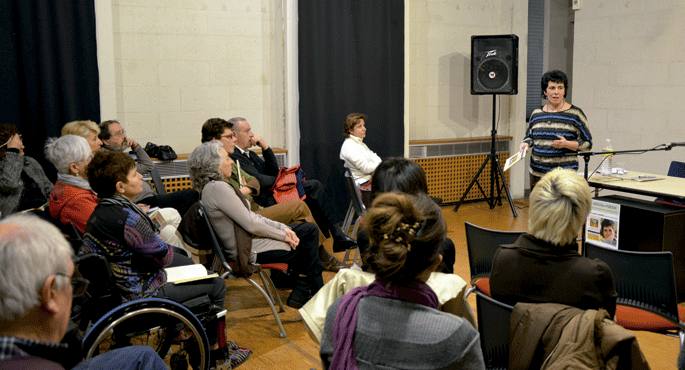
Far away seem the times when they were the privilege of reading elites. The implementation of the regulated educational system gave rise to the current modern reader, owner of his readings, to the extent that this is possible in a society oriented by advertising and suggestion. However, most of us have been taught a solitary reading. We haven't worked many collective initiatives to unpack and unpack the literature. That is why the proliferation of reading groups is interesting. It is difficult to register all the clubs that currently exist in the Basque Country, but it is enough to take a look at the literary agendas to realize their expansion. They're very varied. Some have emerged from the demands of both local authorities and libraries promoted by private individuals, among others. Writers are, in some cases, “the guides” of groups. There are those who come together to talk about a particular literary issue, and who discuss books over the Internet. But most of them are from village to village and they talk about literature. They usually meet in the afternoon in library rooms, basements, hotels, associations. Literature is a way of living. We have known four experiences.
Mikel Asurmendi (Zumarraga-Urretxu, 1958) is a member of the Akelarre de Hendaia association, journalist of Argia, and in the same locality, manager of the Literaturaren Menturan initiative. During the first three years (2005-2007) the initiative was an activity without equipment, proposed by Asurmendi and under his responsibility. “He called a writer and gave a speech about a book. In the last five years (2008-2012) we have been working as a team. It was decided to set up a group among some of the conference attendees. Some have left, others have come, but there is a core, of five people.”
In the clubs we've met, there's usually not more than 15 people coming together, because of the time it takes to read, maybe, or because of the continuity it takes to keep in groups. The Hendaia group offers a poetry recital in the Winter Poetry section, and in the Spring Narration, a writer's lecture. In both directions, the group acts in two directions, according to Asurmendi: “The adventurers meet with the writer for a long hour and we give him our judgments and opinions about his book, some critics. On the other hand, we ask you questions. Above all, entertainment and literary learning is our job.” For the time being we have dismissed the readers of Lapurdi and have reached Gipuzkoa along the way to the coast. The street of the cat is the name of the Getaria reading group and the organizer is Uxue Alberdi (Elgoibar, 1984). Once a month a book is read and once every two months the writer is invited to a meeting at the Hotel Saaz. In addition to Getaria’s, Alberdi also participates in the Zumaia reading group, Irakurri matte, in the Foronda culture house. There are 10-15 people in the two groups and two-thirds or more are women. The members of the group, to the extent that they are diverse, do not have a single objective: entertainment, pleasure of reading, interest in Basque literature... But the differences materialize in the group in the collective concept of literature. “The collective concept of reading extends the individual reading and the world of ideas and letters. Sharing makes the experience more earthly. Going to the movies alone can be very nice, but the drink you take at the end of the film also has something special,” Elgoibar’s writer tells us. Of course, everyone has their own reading, but every time we share something, what is ours is transformed. “Books are better understood,” Alberdi reminds us. “Everyone is struck by one thing. What you liked, or you've been credible, or you've been excited about, is amazing, naif. One reading is no more than another.” Reading groups are characterized by bringing the fact to another, sharing it. Working people know how to value the exchange, like Mikel Asurmendi from Hendaia: “When comparing one read at a time or alone, different points of view appear. So we learn together. Literature has a thousand shores and we don’t all look at them equally.”
How to cope with isolation
Durango, Markina, Iurreta, Bermeo Casa de Cultura de Pozokoetxekoeta e Igorre. Isa Castillo is responsible for all these teams. They meet between 8 and 12 people, and we realize that there are more and more readers, that the goals we discover are becoming more and more varied. Castillo ahead of us: “Some have the habit of reading in Spanish, but not in Basque. In the group, they find a way to self-force. Others find it hard to choose what to read from the books on the market, so they don't feel so lost when they come. There are those who make a more careful reading to comment on the book and look for that.” In addition to commenting on the book, the sessions will be a space dedicated to literature, new books and complementary information. And talk, stop isolating yourself. “In today’s society there is little chance of sitting around a table and talking. Reading is a solitary act, but some of us have the need to comment on what we have read. Because literature is, to some extent, a reflection of the issues that are debated in society, through the books we talk about ourselves,” Castillo stressed. In conversations it is usually common to move from the experiences of the book to those of life itself and that the book is relegated. “It happens many times, but where does literature end and where does life end?” Alberdi invites us to reflect.
Learning from readers
Aingeru Amorebieta (Trintxerpe, 1955) is a member of the Euskaldunon Biltoki association of the Txantrea. The reading group was set up 4 years ago in the mythical Pamplona district of Iruñea and they gather between 5 and 6 people without the need for escorts. “We are all the same and we all choose the books. Our meetings are very simple: we meet every three weeks and chat without a script,” Amorebieta tells us. Nor do they have specific criteria for choosing books. May a member propose a book, or have read a literary commentary from the newspaper, a recommendation, perhaps, have enough reason to make the choice. Without losing his humor, Amorebieta adds a new collective trait to the activities of reading groups inviting them to take the book out of capitalist logic. “At first we bought the book. We're now trying to use those from libraries. You know, in today’s houses we have little space and the books are quite expensive!”
Each club manages in its own way the invitation to participate in the writers. “We have rarely brought someone. We like to comment on the book between us,” explains the trintxerpe that lives in Pamplona. And yes, it seems reasonable. It can be thought that the presence of the writer has posed a risk. Is it not going to affect the nature of the comments? However, Isa Castillo only sees benefits. “People like to meet the writer. It does not affect the direction of reading, but that of the sitting. In addition to telling anecdotes about the book, it is interesting to know the writing process.”
Reaffirming this idea, Asurmendi highlighted in the group of Hendaya “entertainment and literary learning”, and Alberdi, along the same path: “We don’t invite the writer to a public trial. The idea is to learn more about a trade we are interested in, about a particular book, and to spend an interesting and enjoyable time.” As a writer, the elgoibartarra has also clarified the lesson given to him by the fact of surrounding himself with readers: “Many readers want to talk to the writer, not just listen to him. From now on, if you invite me as a writer, I will try to speak less and listen more.” Be the place where the reader and writer intersect, in the homeland of the letters they call close. That is what reading groups offer. May the author pronounce the first word and the reader the last one.
Euskal Herriko Laborantza Ganberak hogei urte bete ditu. 2005ean sorturik, bataila anitzetatik pasa da Ainiza-Monjoloseko erakundea. Epaiketak, sustengu kanpainak edota Lurramaren sortzea, gorabehera ainitz izan ditu hogei urtez. Asteburu honetan, urteroko besta antolatuko dute... [+]
A few weeks ago, on Diputación Street, in the centre of Vitoria-Gasteiz, two men threw a homeless person off the small landing outside the place where he slept. In addition to being thrown away, a metal railing was immediately placed in front of the lonja. Although the place... [+]









